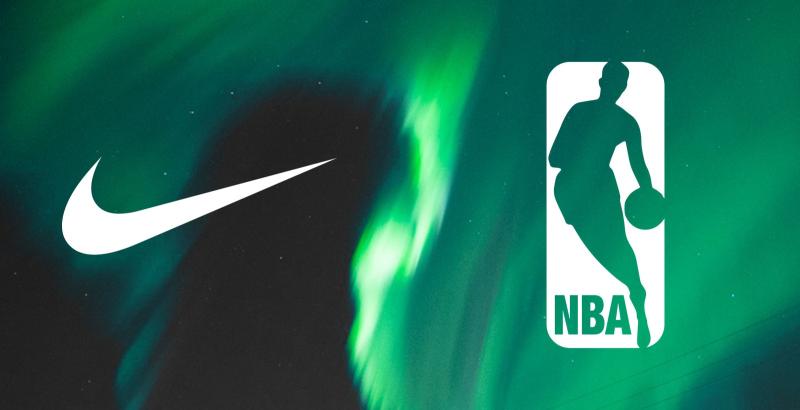Nike Fined By EU For Restricting Cross Border Sales Of Football Merchandise
The European Commission has fined Nike €12.5 million for banning traders from selling licensed merchandise to other countries within the EEA. This restriction concerned merchandising products of some of Europe's best-known football clubs and federations, for which Nike held the licence.
Commissioner Margrethe Vestager, in charge of competition policy, said: "Football fans often cherish branded products from their favourite teams, such as jerseys or scarves. Nike prevented many of its licensees from selling these branded products in a different country leading to less choice and higher prices for consumers. This is illegal under EU antitrust rules. Today's decision makes sure that retailers and consumers can take full advantage of one of the main benefits of the Single Market: the ability to shop around Europe for a larger variety of products and for the best deals."
In June 2017, the Commission opened an antitrust investigation into certain licensing and distribution practices of Nike to assess whether it illegally restricted traders from selling licensed merchandise cross-border and online within the EU Single Market.
The Commission investigation has found that Nike's non-exclusive licensing and distribution agreements breached EU competition rules:
- Nike imposed a number of direct measures restricting out-of-territory sales by licensees, such as clauses explicitly prohibiting these sales, obligations to refer orders for out-of-territory sales to Nike and clauses imposing double royalties for out-of-territory sales.
- Nike enforced indirect measures to implement the out-of-territory restrictions, for instance threatening licensees with ending their contract if they sold out-of-territory, refusing to supply “official product” holograms if it feared that sales could be going towards other territories in the European Economic Area (EEA), and carrying out audits to ensure compliance with the restrictions.
In some cases, Nike used master licensees in each territory to grant sub-licences for the use of the different IPRs to third parties. To secure the practice through the whole distribution chain, Nike imposed direct and indirect measures on master licensees. Through these measures, Nike compelled master licensees to stay within their territories and to enforce restrictions vis-à-vis their sub-licensees.
- Nike included clauses that explicitly prohibited licensees from supplying merchandising products to customers, often retailers, who could be selling outside the allocated territories. In addition to obliging licensees to pass on these prohibitions in their contracts, Nike would intervene to ensure that retailers (e.g. fashion shops, supermarkets, etc.) stopped purchasing products from licensees in other EEA territories.
- The Commission has concluded that Nike's illegal practices, which were in force for approximately 13 years (from 1 July 2004 until 27 October 2017), partitioned the Single Market and prevented licensees in Europe from selling products cross-border, to the ultimate detriment of European consumers. Nike's illegal practices affected to varying degrees the licensed merchandise products bearing the brands of clubs like FC Barcelona, Manchester United, Juventus, Inter Milan and AS Roma, as well as national federations like the French Football Federation.
Nike's Cooperation Grants 40% Fine Reduction
Nike cooperated with the Commission beyond its legal obligation to do so, in particular by providing the Commission with information that allowed it to extend the scope of the case. As a result, the investigation included ancillary sport merchandise of a number of additional clubs. The company also provided evidence with significant added value and expressly acknowledged the facts and the infringements of EU competition rules.
Therefore, the Commission granted Nike a 40% fine reduction in return for this cooperation. Further information on this type of cooperation can be found on the Competition website.
Share your thoughts in the comments below.
















